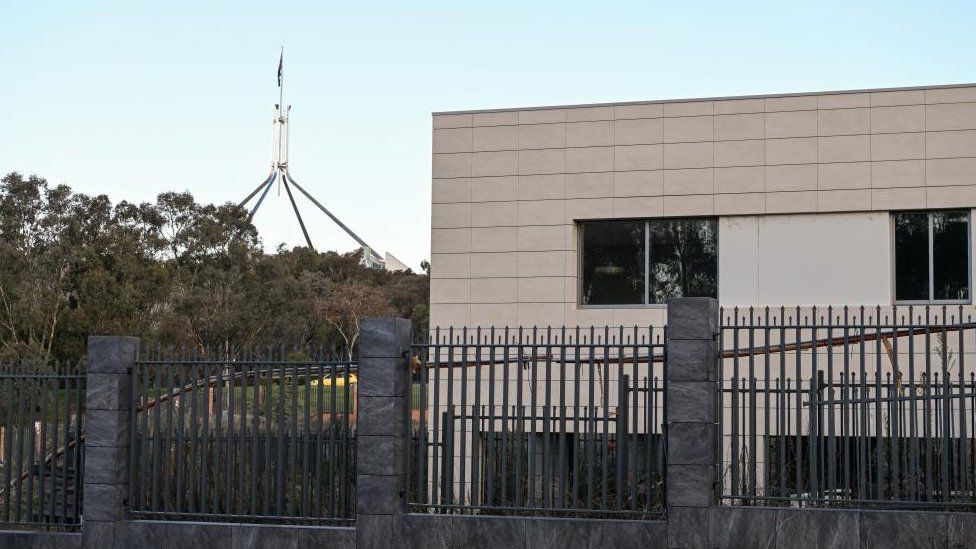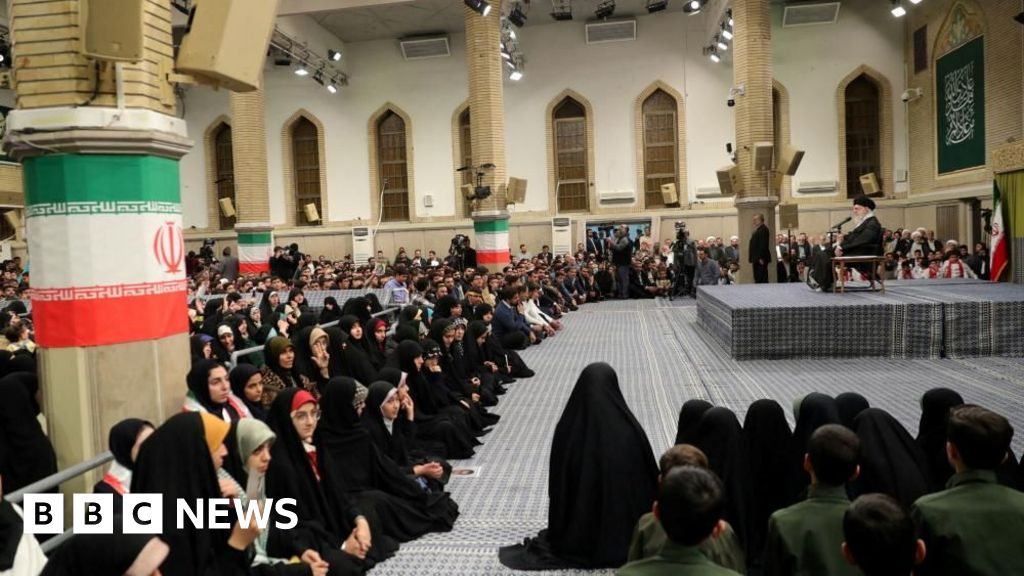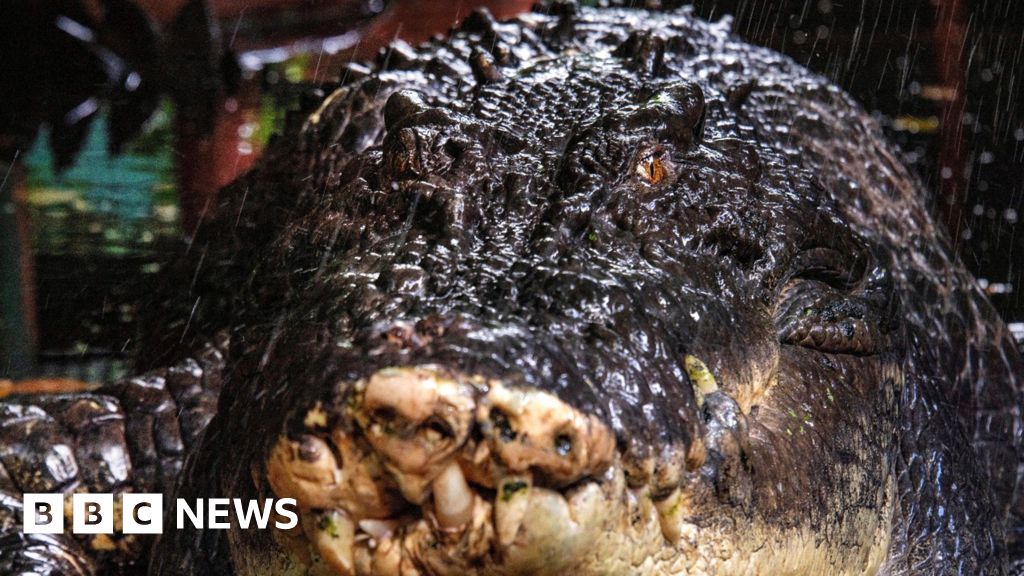ARTICLE AD BOX
 Image source, EPA-EFE/REX/Shutterstock
Image source, EPA-EFE/REX/Shutterstock
Australian parliament's spire can be seen from the lease site
By Kelly Ng & Tiffanie Turnbull
BBC News
Australia's top court has rejected Russia's bid to hold on to a plot of land in its capital, where Moscow had planned to build a new embassy.
The government in mid-June cancelled Russia's lease on national security grounds, prompting a court challenge.
Experts said the planned embassy posed a spying risk as it would be just 400m (0.25 miles) from parliament.
Russia's existing embassy is some distance away from the federal parliament building in Canberra.
Moscow had purchased the lease for the new site in 2008, and was granted approval to build its new embassy there in 2011.
However on 15 June this year, Australia's parliament rushed through new laws aimed specifically at terminating the lease.
In introducing the laws, Australia's Prime Minister Anthony Albanese said intelligence agencies had given "very clear security advice as to the risk posed by a new Russian presence so close to Parliament House".
Kremlin spokesman Dmitry Peskov has described Australia's move to tear up the lease as another example of "Russophobic hysteria that is now going on in the countries of the collective West".
Russia launched an injunction last week to hold on to the Canberra site while it mounted a more substantive challenge against the laws. In the complaint submitted to the court, Russia says it has already spent A$8.2m (£4.3m, $5.5m) on construction, which had proceeded slowly.
The integrity of the partially-completed building would be compromised if Australia was allowed back on the block, Russia said.
But Australia's High Court described Russia's challenge to the decision as "weak" and "hard to understand", ruling that Russia had to vacate the site.
"There is no proper foundation for the interlocutory injunction as sought by [Russia]," Justice Jayne Jagot said.
"The Commonwealth has a clear sovereign interest that the land not be occupied by [Russia]."
Mr Albanese said last week that he expected some blowback from Russia but was not worried about the legal challenge.
"Russia hasn't been real good at the law lately," he said.
"We don't expect Russia is in a position to talk about international law given their rejection of it so consistently and so brazenly with their invasion of Ukraine."

 1 year ago
18
1 year ago
18








 English (US)
English (US)